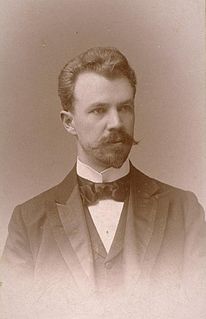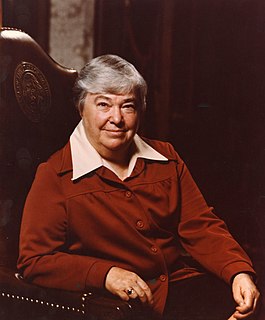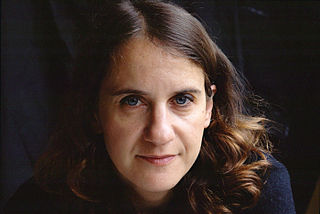A Quote by Fred Thompson
We just ask the agency to make reasonable and honest decisions, and the public deserves no less.
Related Quotes
The public does not like you to mislead or represent yourself to be something you're not. And the other thing that the public really does like is the self-examination to say, you know, I'm not perfect. I'm just like you. They don't ask their public officials to be perfect. They just ask them to be smart, truthful, honest, and show a modicum of good sense.
But, that’s the whole point of corporatization - to try to remove the public from making decisions over their own fate, to limit the public arena, to control opinion, to make sure that the fundamental decisions that determine how the world is going to be run - which includes production, commerce, distribution, thought, social policy, foreign policy, everything - are not in the hands of the public, but rather in the hands of highly concentrated private power. In effect, tyranny unaccountable to the public.
The more big business talks about something, the less of it there is. For example, it 'values' jobs just at the moment when they disappear; it revels in 'autonomy' when in fact you have to fill out forms in triplicate for the slightest trifle and ask the advice of six people to make insignificant decisions; it harps on 'ethics' while believing in absolutely nothing.
Don't ask for the task to be easy... just ask for it to be worth it
Don't wish it was easier... wish you were better
Don't ask for less challenge... ask for more skill
Don't ask for less problems... and for more wisdom
It's the challenge that makes the experience.
Life and it's colour and meaning and adventure for you is this collection of experiences.
To wish them away is to wish your life away.
Is it a coincidence that stories from the private life became more popular just as the grand hope for public redemption through revolution was beginning to sour? I witnessed a similar shift in taste in my own time. In the 1960s, while a hopeful vision of a just society arose again, countless poems and plays concerning politics and public life were written, read, and performed. But after the hope diminished and public life seemed less and less trustworthy, this subject was less in style.


































